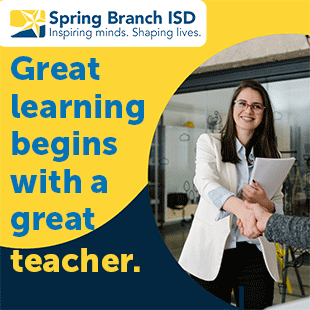
For some inexplicable reason, here in the US, we fail to recognize that many of our best-qualified professionals are educators, who deserve to be given a reasonable degree of autonomy in the way that they teach and also influence over what they teach. To function, state and district educational systems require curricula and structure, but decisions on teaching methodologies should not be dictated by politicians. And even more worrying is the rise in censorship of materials and even subjects by elected officials on boards and councils to pander to extremist activists.
On average, our educators study for five years before they reach their first classrooms and then take part in professional development programs throughout their careers, which probably amounts to a lot more training than accountants, lawyers, and even some doctors. However, teachers are often not trusted to do their job in the manner they see fit. Every week, there seems to be handed down a new restriction on teaching—from the banning of books in class, like Maus in McMinn County, Tennessee, to the suppression of anything critically evaluating our racial history, to the insistence on teaching a certain methodology, like phonics, to the exclusion of other strategies. Some boards have banned the 1619 Project, created by the New York Times to get Americans to rethink the legacy of slavery. Governors in South Carolina and Texas have even asked superintendents to perform a systemic review of “inappropriate” materials in their states’ schools.
Learning happens when students encounter concepts and books that introduce them to new perspectives. One of the fundamental purposes of the public school system is to introduce children to ideas that differ from their parents’, to enable them to weigh up different views, and establish their own opinions.
The pandemic shift to online schooling forced many of us to gain a renewed appreciation of the professionalism of educators and respect for the complexity of their work. However, until we can learn to treat teachers as the professionals they are, train them to be the managers of their own teaching, and pay them accordingly, we will be plagued by teacher shortages.
Nowhere has the political divide in this country become more apparent than at school board meetings, where parents and other activists vociferously display their objections to policies perceived as progressive and seek to repress exposure to alternative points of view that question the traditional status quo. People are pressuring school boards because they fear change, but change will happen, and it’s best that we entrust our children to be prepared for it by well-trained, qualified, autonomous teachers.
To thrive, live peacefully, and prosper in the 21st century, our students need to appreciate different viewpoints, develop more cultural awareness, and understand more complexity, not less. They need to have the tools to understand and work with people who live on the other side of town and on the other side of the planet.





